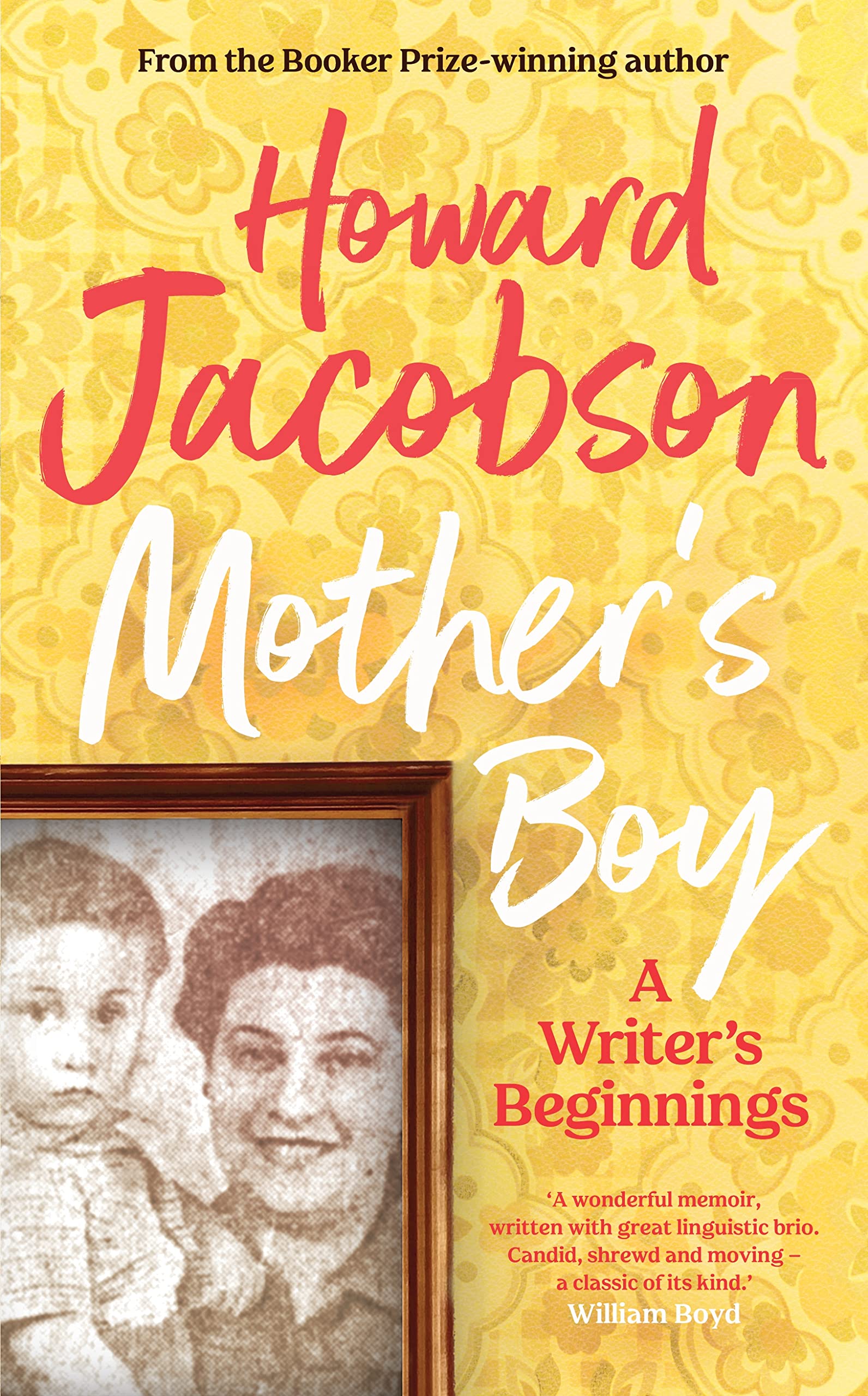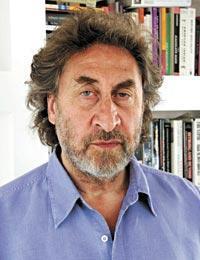
'One of the all-time great memoirs' Daily Telegraph 'Wonderful...candid, shrewd and moving' William Boyd 'Laugh-out-loud glorious and uproarious' Simon Schama Howard Jacobson's funny, revealing and tender memoir of his path to becoming a writer. Howard Jacobson was forty when his first novel was published. In Mother's Boy, he traces the life that brought him there. Born into a working-class Jewish family in 1940s Manchester, he did not lack encouragement or subject matter. Jacobson takes us from childhood and studying at Cambridge, through landing in Sydney as a maverick young professor, and on to his first marriage and the birth of his son. Later, he begins new - and often surprising - ventures in places as disparate as London, Wolverhampton, Boscastle and Melbourne. Infused with bittersweet memories of Jacobson's parents and friends, this is the story of a writer's beginnings, and of learning to understand who you are before you can become the writer you were meant to be. 'Hilariously brilliant' David Baddiel 'Howard Jacobson brilliantly transforms calamity into rip-roaring comedy' Craig Brown, Mail on Sunday
Author

Howard Jacobson was born in Manchester, England, and educated at Cambridge. His many novels include The Mighty Walzer (winner of the Bollinger Everyman Wodehouse Prize), Who’s Sorry Now? and Kalooki Nights (both longlisted for the Man Booker Prize), and, most recently, The Act of Love. Jacobson is also a respected critic and broadcaster, and writes a weekly column for the Independent. He lives in London. Profile of Howard Jacobson in The New York Times. “The book's appeal to Jewish readers is obvious, but like all great Jewish art—the paintings of Marc Chagall, the books of Saul Bellow, the films of Woody Allen—it is Jacobson's use of the Jewish experience to explain the greater human one that sets it apart. Who among us is so certain of our identity? Who hasn't been asked, "What's your background" and hesitated, even for a split second, to answer their inquisitor? Howard Jacobson's The Finkler Question forces us to ask that of ourselves, and that's why it's a must read, no matter what your background.”—-David Sax, NPR.